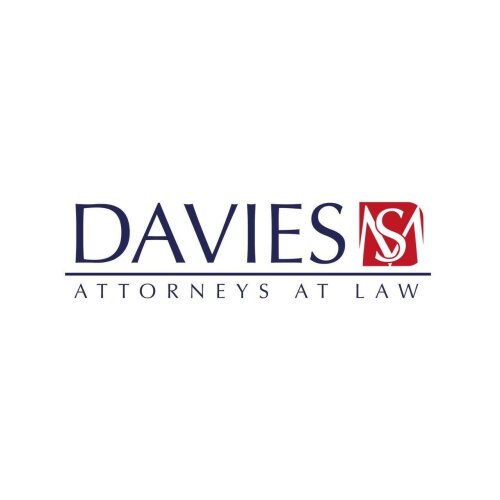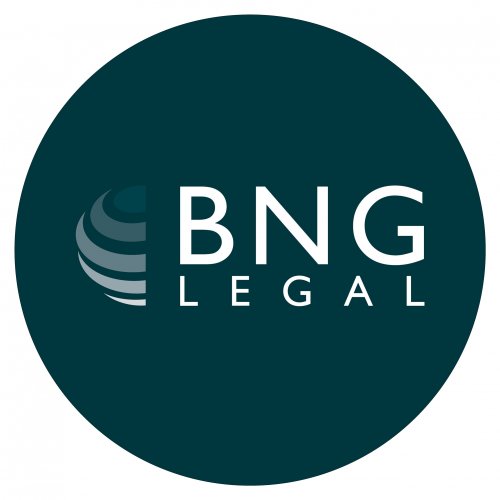Best Legal Document Lawyers in Cambodia
Share your needs with us, get contacted by law firms.
Free. Takes 2 min.
Or refine your search by selecting a city:
List of the best lawyers in Cambodia
About Legal Document Law in Cambodia
The legal documentation law in Cambodia is encompassed within the overall legal framework of the country, which is a mixture of French civil law, customary law, and Royal Ordinances. This implies that all legal documents in Cambodia must comply with the established statutory laws, regulatory laws, and customary laws. It covers a wide range of documents including, but not limited to, contracts, deeds, wills, affidavits, stipulations, court orders, or any other documents that have a binding effect.
Why You May Need a Lawyer
Dealing with legal documents can often be complex and meticulous. A small error can create significant consequences. In business contracts, for example, the incorrect wording can lead to costly legal disputes. If you're drafting a will, any misunderstanding of the language can result in your wishes not being followed. It's wise to retain the services of a lawyer when dealing with legal documents to mitigate these risks. You may also need a lawyer if you need an understanding of complex legal language, or if you're involved in a legal dispute related to a document.
Local Laws Overview
Cambodia has a civil law system wherein laws are written into a collection, or code, which serves as the primary source of law. Those codes include regulations for the creation and interpretation of legal documents. For instance, for a contract to be considered valid, it should include offer, acceptance, and an intention to create legal relations. Also, for a will to be valid, the testator must be over 18 and of sound mind, and the will must be signed and witnessed. The language used in legal documents is also essential and should be carefully chosen to avoid ambiguity that could lead to legal disputes.
Frequently Asked Questions
What are some common legal documents in Cambodia?
Common legal documents in Cambodia include contracts, lease agreements, wills, powers of attorney, and affidavits, among others.
What happens if a legal document is not properly drafted?
Improperly drafted legal documents may not be valid and could result in legal disputes. In certain cases, such as with wills, this could mean that the state will determine how assets will be divided, which may not align with the individual's wishes.
Where can I have a legal document authenticated?
Legal documents can be authenticated at the Ministry of Foreign Affairs and International Cooperation in Cambodia.
Can I draft my legal documents?
While it is technically possible to draft your legal documents, due to the complexity of legal language and the potential consequences of small errors, it is often advisable to consult with a lawyer.
What is the consequence of falsifying legal documents in Cambodia?
Falsifying legal documents is considered a serious offense in Cambodia and can result in criminal charges, monetary fines, or even imprisonment depending on the severity of the offense.
Additional Resources
The Ministry of Justice of Cambodia and the Bar Association of the Kingdom of Cambodia are excellent resources for finding further information about legal documents in the country. They can provide ample resources and guide you to appropriate legal counsel if required. Moreover, for translations and understandings, the Khmer language department of the Royal Academy of Cambodia can be of help.
Next Steps
If you need legal assistance with a document in Cambodia, the wise course of action would be to consult with a lawyer. Lawyers can help you understand your rights and obligations under Cambodia's law, draft important legal documents, and provide representation if you're involved in a legal dispute. If you're dealing with an international document, it may also be useful to consult with an international law expert.
Lawzana helps you find the best lawyers and law firms in Cambodia through a curated and pre-screened list of qualified legal professionals. Our platform offers rankings and detailed profiles of attorneys and law firms, allowing you to compare based on practice areas, including Legal Document, experience, and client feedback.
Each profile includes a description of the firm's areas of practice, client reviews, team members and partners, year of establishment, spoken languages, office locations, contact information, social media presence, and any published articles or resources. Most firms on our platform speak English and are experienced in both local and international legal matters.
Get a quote from top-rated law firms in Cambodia — quickly, securely, and without unnecessary hassle.
Disclaimer:
The information provided on this page is for general informational purposes only and does not constitute legal advice. While we strive to ensure the accuracy and relevance of the content, legal information may change over time, and interpretations of the law can vary. You should always consult with a qualified legal professional for advice specific to your situation.
We disclaim all liability for actions taken or not taken based on the content of this page. If you believe any information is incorrect or outdated, please contact us, and we will review and update it where appropriate.
Browse legal document law firms by city in Cambodia
Refine your search by selecting a city.













